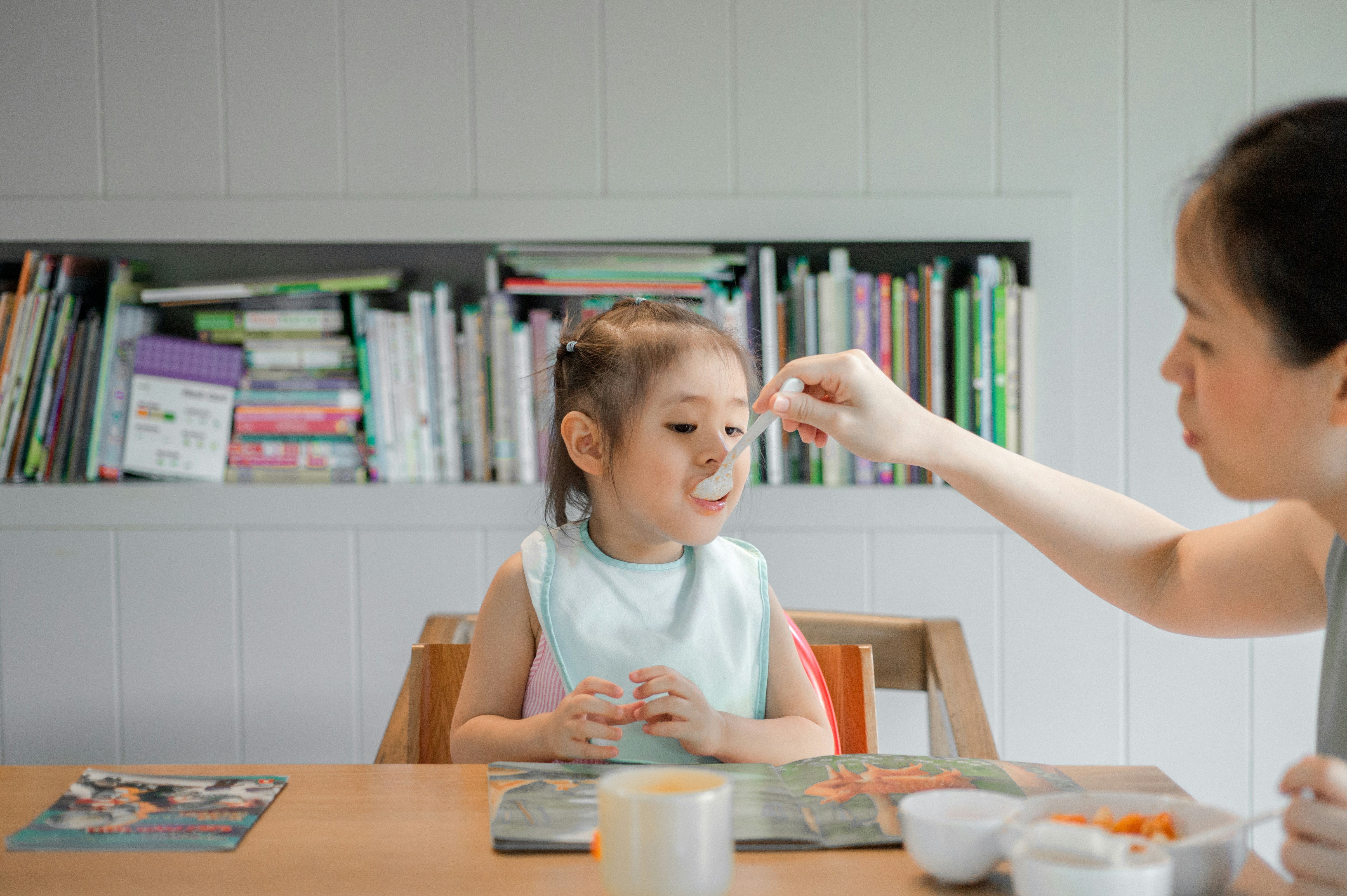Media release
From:
Review supports introducing small amounts of food allergens during early childhood
A review in Clinical & Experimental Allergy concludes that exposing young children to small amounts of foods that they’re allergic to is safer than avoiding the foods altogether, which could be very dangerous if accidental exposure occurs.
The review notes that exposing preschool-aged children to small amounts of food allergens—called oral immunotherapy—can lessen the severity of a reaction following an accidental exposure. Also, delaying exposure until a later age misses the window of opportunity when oral immunotherapy is safest, and it prolongs unnecessary dietary restrictions. Also, after early childhood avoidance, some people who outgrow their allergy will not reincorporate the food into their diet due to fear and anxiety, thus potentially increasing their chance of redeveloping the allergy.
A growing body of evidence indicates that oral immunotherapy is safe and effective in preschoolers, but additional research is needed to clarify its impact on children’s health and quality of life.
“This research highlights a critical shift in how we approach food allergies—moving from strict avoidance to controlled exposure in early childhood, which not only reduces the risk of severe reactions but also helps prevent long-term negative consequences of living with food allergies,” said corresponding author Lianne Soller, PhD, of the University of British Columbia, in Canada.



 International
International



